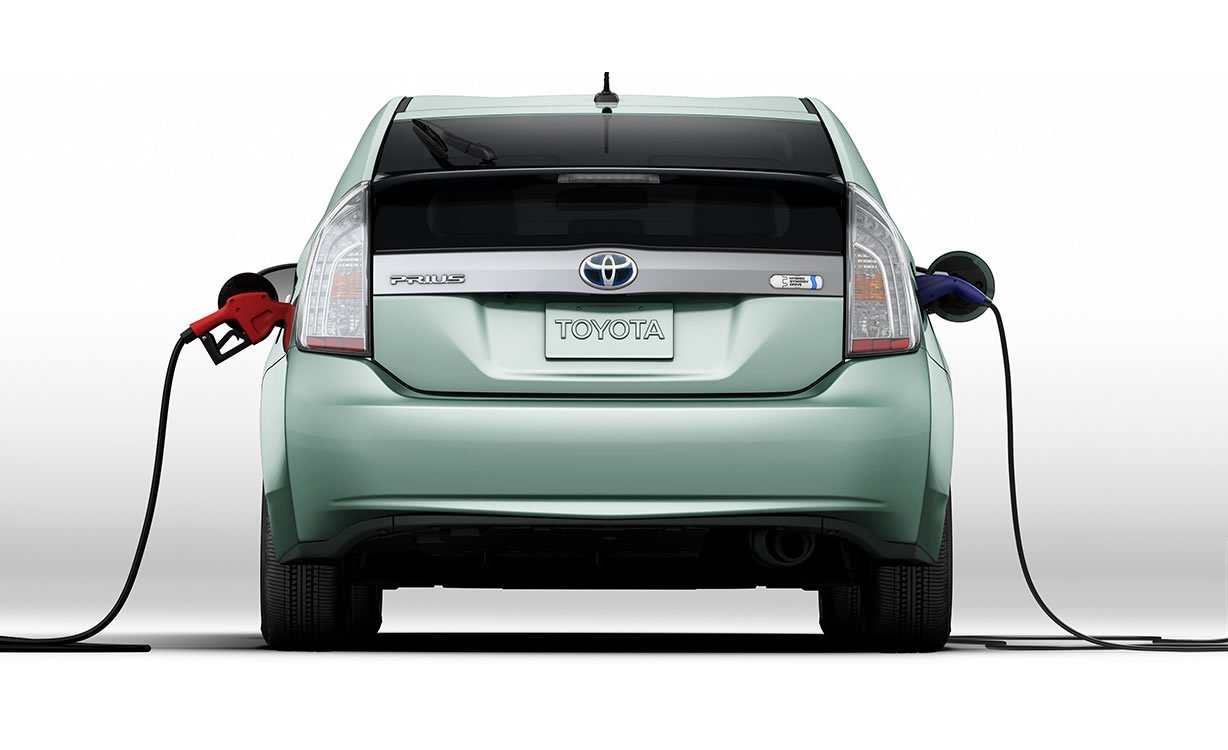

Navigating the Hybrid Hype
Hybrid cars, once hailed as the eco-friendly saviors of the automotive world, have seen a meteoric rise in popularity. Combining the efficiency of electric motors with the practicality of petrol engines, they promised the best of both worlds: reduced emissions, lower fuel costs, and a comfortable driving experience. But beneath the shiny veneer of environmental virtue, lurk some hidden shadows. Let’s delve into the not-so-rosy side of hybrids, exploring their disadvantages and questioning whether they truly live up to the hype
The Pricey Paradox:
Buying a hybrid often feels like paying a premium for the privilege of going green. Compared to their gasoline-powered counterparts, hybrids can cost thousands more upfront. Take the Toyota Prius, the poster child of hybrids, for example. Its base price starts at around $27,000, while a comparable Corolla sedan comes in at a much friendlier $20,000. That’s a hefty chunk of change to swallow, especially considering that fuel savings may take years to offset the initial investment.
Complexity and Maintenance Costs
The intricate hybrid systems, encompassing both electric and traditional powertrains, can lead to higher maintenance costs. The Lexus RX 450h Hybrid exemplifies this complexity, with potential issues arising from the intricate interplay between its gas engine and electric components. The high-voltage battery system requires specialized care, and both the electric motor and gasoline engine need routine servicing. This intricate dance of mechanics can lead to hefty repair bills, especially when compared to the simpler upkeep of a conventional car. The Chevrolet Volt, once a popular plug-in hybrid, had its production halted due to concerns about high battery replacement costs, leaving owners with a potential financial time bomb ticking under their hood.
The Battery Burden
The heart of a hybrid, its battery, is both its boon and its bane. While it enables electric-powered driving and reduces emissions, it also adds significant weight, impacting performance and handling. The Honda Insight, known for its fuel efficiency, suffers from sluggish acceleration and tippy cornering due to its hefty battery pack. Moreover, replacing a hybrid battery can be a wallet-wrenching experience, often costing upwards of $3,000, a far cry from the simple battery swap in a conventional car. The iconic Toyota Prius, though a pioneer in hybrid technology, has faced criticism for the expense associated with replacing its hybrid battery pack.
The Efficiency Enigma:
Hybrids excel in stop-and-go city traffic, where their electric motors shine. But venture onto highways, and the fuel-sipping magic starts to fade. At higher speeds, the gasoline engine takes over, negating the electric advantage and bringing fuel economy closer to that of a traditional car. The Ford Escape Hybrid, for instance, boasts impressive city mileage of 44 mpg, but that dips to a mediocre 30 mpg on the highway, hardly a compelling reason to shell out extra bucks. Many hybrid models have a limited electric-only range, requiring the internal combustion engine to kick in for longer journeys. The Ford Fusion Energi is an example, with a relatively short electric-only range compared to pure electric vehicles.
The Environmental Enigma
While hybrids boast lower emissions than gasoline cars, their environmental footprint isn’t entirely squeaky clean. The mining and production of battery components raise concerns about ethical sourcing and environmental impact. Additionally, the disposal of used batteries poses a challenge, as they contain hazardous materials that require careful handling and recycling. The true lifecycle impact of a hybrid, from cradle to grave, needs closer scrutiny before crowning it the undisputed eco-champion.
Hybrids: A Complex Choice, Not a Clear Cut Solution
Hybrid cars undoubtedly offer advantages, but their disadvantages cannot be ignored. The high upfront cost, potential battery woes, questionable highway efficiency, and complex maintenance paint a less-than-ideal picture. While they may be a step in the right direction, they might not be the ultimate answer to our environmental woes. Before jumping on the hybrid bandwagon, carefully weigh the pros and cons, considering your driving habits, budget, and long-term goals. As technology evolves, it remains to be seen whether these disadvantages will be mitigated, making hybrids a more compelling and cost-effective choice for a broader spectrum of consumers.
Add a comment Cancel reply
Categories
- Car Gadgets (17)
- Car News (33)
- Car Reviews (43)
- Car Wars (7)
- Mechanicals (32)
- Uncategorized (2)
Recent Posts
About us

Popular Tags
Related posts


Volkswagen Beetle: The Most Successful Car Ever

Kia Sorento 2022 Review








